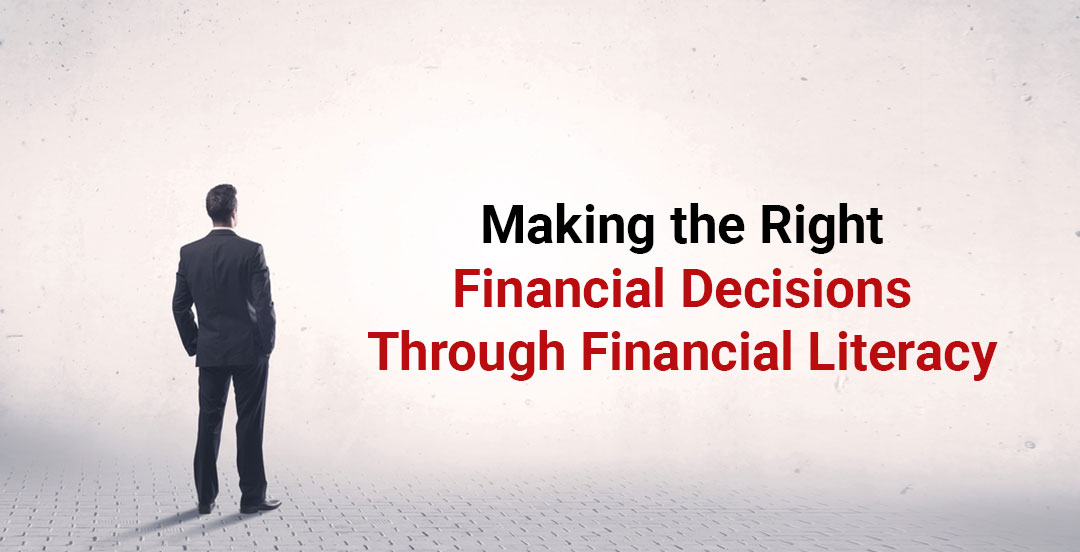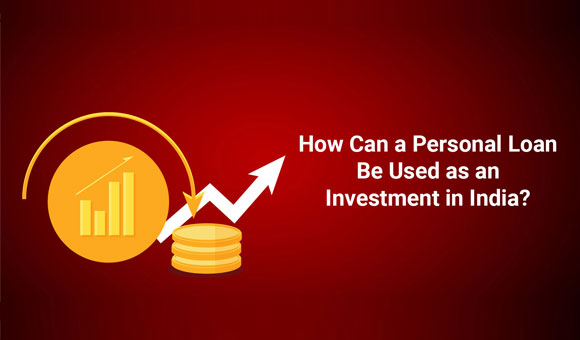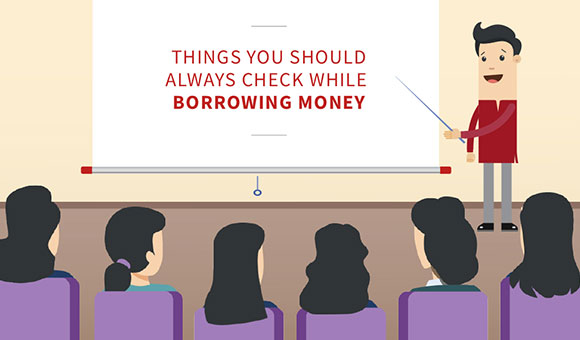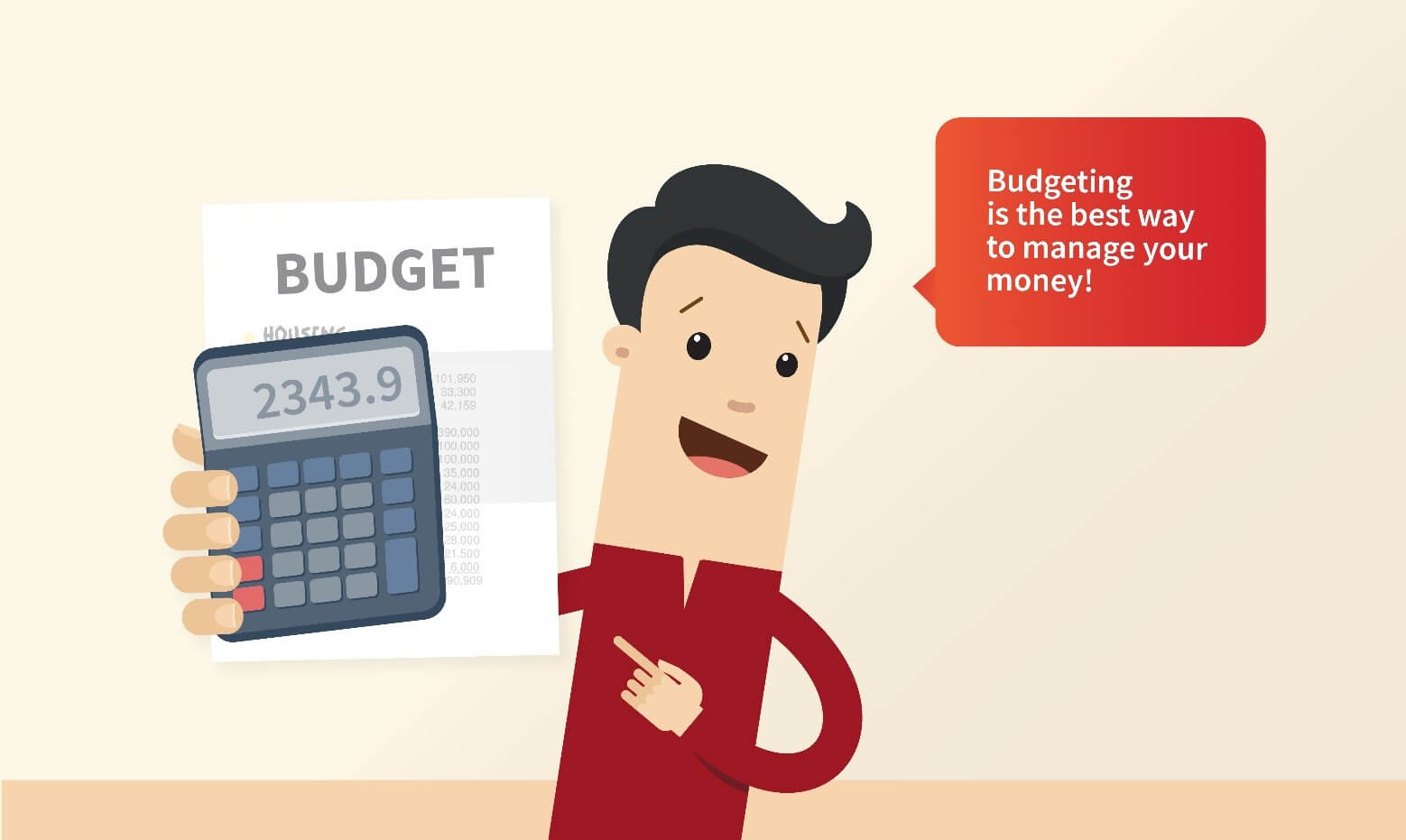Heard of paying yourself first? – Here is why it is important

“Pay yourself (money, energy, time, love) first. You'll have even more to give"- Anonymous.
Aditi has been working for the past four years. Yet, when her mother fell ill last month, she found that she couldn’t pay for her hospital treatment. Thankfully, her friend Arvind was able to help out. However, she felt guilty and wondered out loud:
Aditi: Arvind, how is this possible? I’ve been saving up for the last four years, but I have no savings. Where is all my money going?
Arvind: I’m not sure Aditi. However, I have seen a bit of your spending habits over the years and I know that you don’t have any emergency savings. I honestly think that your problem is that you don’t save before you spend money. If you’re paying for so many things you don’t need, why not pay yourself?
Here’s how you can do it:
Let’s understand what “paying yourself first” means
Paying yourself first is one of the key lessons in personal finance. The idea is to ‘pay yourself’ your savings at the beginning of each month before you spend on your monthly expenses. This way, you plan not only for the present but also for the future. After you have set aside your savings, you can prioritise and adjust your expenses to fit within the rest of your income.
“Paying yourself” means that you prioritise your expenses such as:
- Your financial goals – from higher education to retirement
- An emergency fund
- Insurance premiums
Why pay yourself first?
The core concept of ‘paying yourself first’ is that rather than spending on things and then saving the rest, you first save money and then spend the rest.
To incorporate the same, treat your savings as another bill you need to pay- which always seem more ‘urgent’- but make that the first bill you pay every month. That way, you will not only be able to save up the money you need but will also learn to spend within the money you have left.
The analogy of exercising in the morning explains a lot about the concept of paying yourself first. Just like exercising during the morning can boost your energy and help you have a longer, more productive day, saving before you spend can help you spend more in the future from your savings.
When you set aside money for your savings or emergency fund, you will always be protected in a financial emergency. While paying day-to-day bills is just as necessary, preparing for the future means that you will always have something to fall back on in case you have a sudden medical emergency to pay for, or are without a job for a few months.
Watch Old vs New: Effective ways to save money to know about more ways to save.
How do I pay myself?
Here’s how you can ensure saving by 'paying yourself first':
- Calculate the minimum amount to save: If you don’t have a specific goal in mind, decide the minimum amount you will set aside as savings every month. When saving towards a specific goal, calculate the minimum amount you need to save every month to achieve that goal in time.
- Create a separate account:Keep a separate bank account for your savings so that you can conveniently keep track of it.
Pro tip: You can set up auto-debit on your salary account for the savings amount to ensure you never forget to save.
- Let your savings grow: Once you have saved a considerable amount, take note of your financial goals and lock your savings for mid- and long-term goals in a savings or investment instruments like Certificate of Deposit, Recurring Deposits, Mutual funds, etc. for a higher interest rate to maximise your savings and achieve your financial goals sooner.

What if I can’t keep up?
If you are not able to manage your monthly expenses after paying yourself at the beginning of each month, take another look at your budget to see where you can cut out on extra expenses like shopping, personal care, or eating out. Doing so will help you be mindful of your expenses and teach you how to live within your means.
You can also try to take on a second job – not only will this supplement your income, but it could also help you reduce some expenses, such as entertainment expenses.
Aditi: I get it now – while I haven’t been wasteful with money, I also have been financially irresponsible by not saving enough for my future goals. I’m going to change the way I look at saving money right away. Thanks, Arvind!
Related Topics

- Managing Debts
Making the Right Financial Decisions Through Financial Literacy
In a world driven by constant change and economic uncertainties, the ability to make informed financial decisions is more crucial than ever.

- Managing Debts
How To Keep Yourself Safe From Online KYC Scams?
In an era dominated by digital interactions, the convenience of online services comes with an inherent risk

- Managing Debts
Why 77% of Working Professionals Rely on Personal Loans?
In today's fast-paced world, managing finances can be a daunting task for working professionals.

- Managing Debts
How to Choose Your Ideal Repayment Tenure for Personal Loans?
Personal loans have become an indispensable financial tool for many individuals, offering a quick and convenient way to address various financial needs.

- Managing Debts
Top 10 Ways to Identify Personal Loan Scams Online
In a world driven by digital advancements, online personal loans have become increasingly popular in India.

- Managing Debts
What is Repo Rate? How Does it Affect the Economy?
Have you ever heard the term "repo rate" and wondered what it's all about? Well, you're not alone.

- Managing Debts
What is Debt to Income Ratio and How is it Calculated?
Managing your finances wisely is essential for a secure financial future. One crucial aspect of financial health that often gets overlooked is the Debt-to-Income Ratio (DTI).

- Managing Debts
Things to Tell Your Child When They Apply for Their First Personal Loan
As your child ventures into adulthood, they will face various financial milestones, one of which may be applying for their first personal loan.

- Managing Debts
How Can a Personal Loan Be Used as an Investment?
In today's fast-paced world, financial goals and dreams are many. Whether it's pursuing higher education, starting a small business, or renovating your home, we all have aspirations that require financial support.

- Managing Debts
5 Smart Tips For Easy Personal Loan Management
In today's world, personal loans have become an important financial tool to help individuals meet their financial goals. Be it organizing a wedding, buying a car or house, or even consolidating debt, personal loans can provide much-needed financial help.

- Managing Debts
Did you know credit scores affect your job prospects besides future borrowing!
You may have heard about credit scores if you have applied for a loan. But most of you may not know about its impact on things apart from your borrowings. This piece can help you understand other such ways in which your credit score may affect you.

- Managing Debts
Things you should always check while borrowing money
Interest rate is what a loan company or bank charges for the loan amount they grant you. It is an important factor that determines the total cost of the loan.

- Managing Debts
Could your decision to take another loan make you regret later!
Have you ever made an impulsive purchase and regretted later? Or fell into the trap of a promotional offer? This article tells you the important questions that you must ask before deciding to borrow money for anything.

- Managing Debts
Do you have everything you need to apply for a loan!
Are you planning to take a loan soon? But are you fully prepared to take the loan? Here’s a checklist you must read to make sure your loan application is processed and approved easily.

- Managing Debts
What is a budget? Why is it so important!
Budgeting is the solution of most financial problems. In this listicle, learn about what budgeting is and its many benefits.

